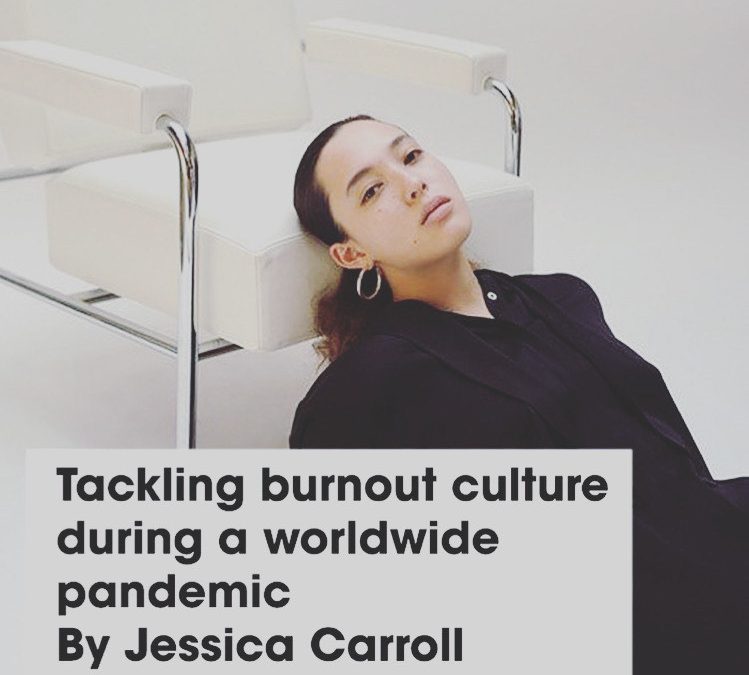BLACK NEON DIGITAL
Workplace burnout continues to increase. With 79% of British adults commonly experiencing workplace stress, and the COVID-19 pandemic pushing individuals even further towards burnout, this is an issue that can no longer go ignored.
In 2019 the World Health Organization officially recognised burnout – the state of physical and mental exhaustion caused by an individual’s professional life – as an occupational phenomenon. Despite this, little has since been done to address the rising issue. In a study of more than 2,000 UK professionals released at the start of 2020, 42% reported feeling on the brink of burnout. Now, with the COVID-19 pandemic at its peak and subsequent work-related upheavals, this number is increasing exponentially. Whether you are self-employed, an entrepreneur or work for a large company, the pandemic has forced everyone to find new ways to work.
Unmanaged mental health, increasing workplace expectations and poor economies are increasing stress and affecting our ability to switch off. Of course, our reliance on social media isn’t helping either. Apps like Instagram are breeding grounds for carefully curated #girlboss highlights and so-called ‘career porn’. Promoting a hustle culture (where the more work you do, the more celebrated you are) social media allows us to be defined by our job, and how glamorous we can make it appear.
Exhaustion and overwhelmed feelings are leading us all to a state of burnout. This isn’t only incredibly harmful to the human body, but it is also extremely expensive. One study estimates that work-related stress and mental illness costs British businesses £26 billion a year. Burnout, therefore, isn’t just an employee issue, but something all employers should be trying to eradicate.
In order to address these issues, Black Neon Digital spoke with four inspirational women about how to spot the first signs of burnout, as well as their tips on managing the phenomenon. Read Full Article Here: https://www.blackneondigital.com/home/tackling-burnout-culture-during-a-worldwide-pandemic

